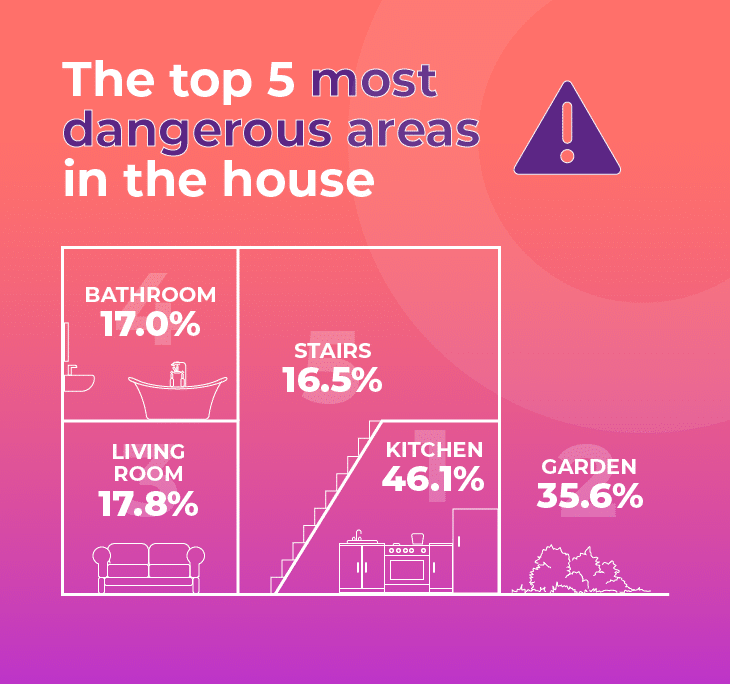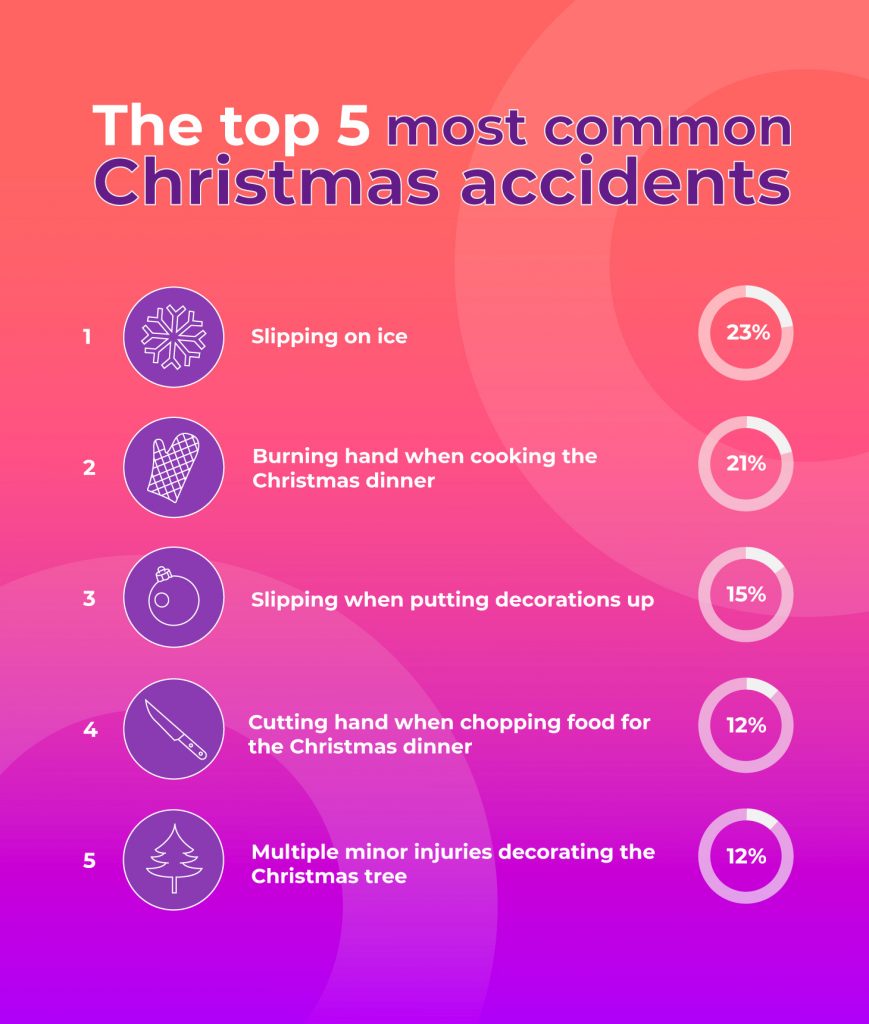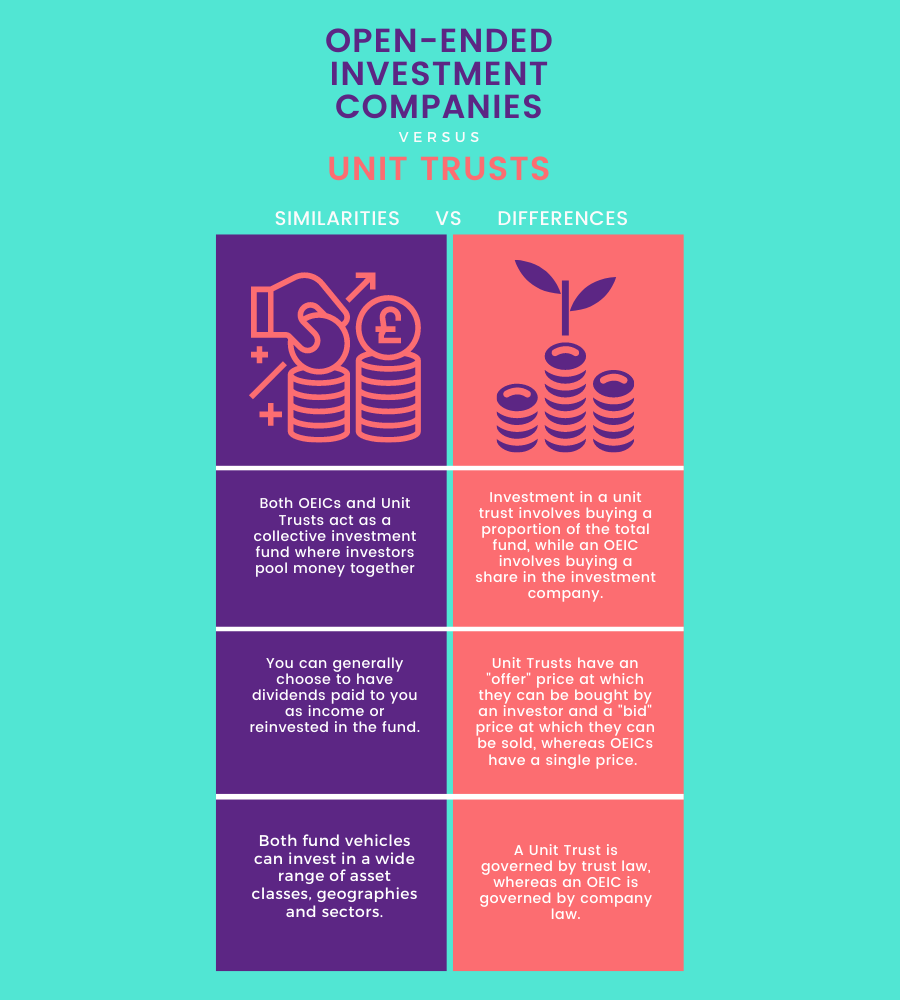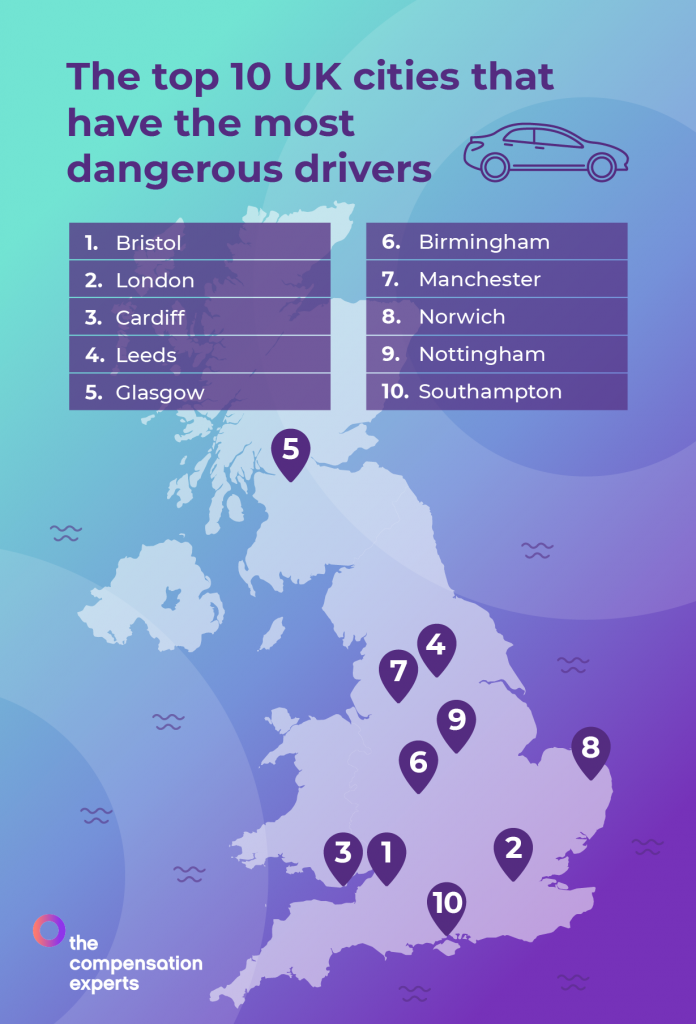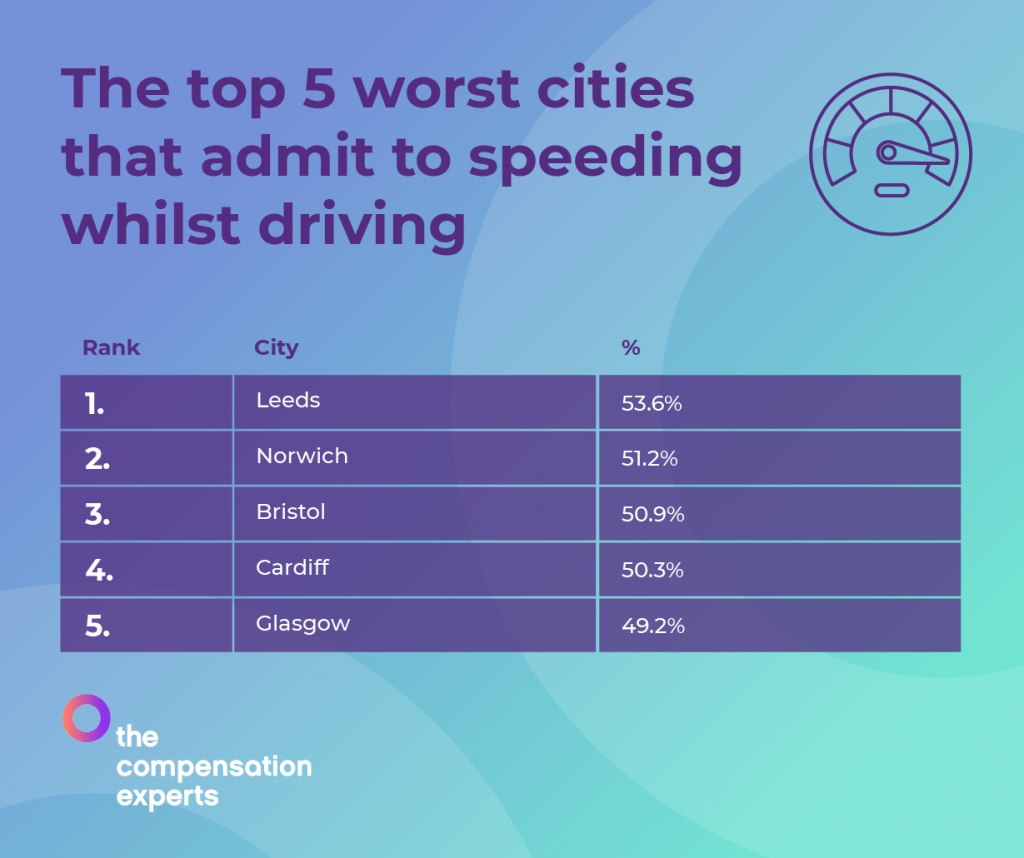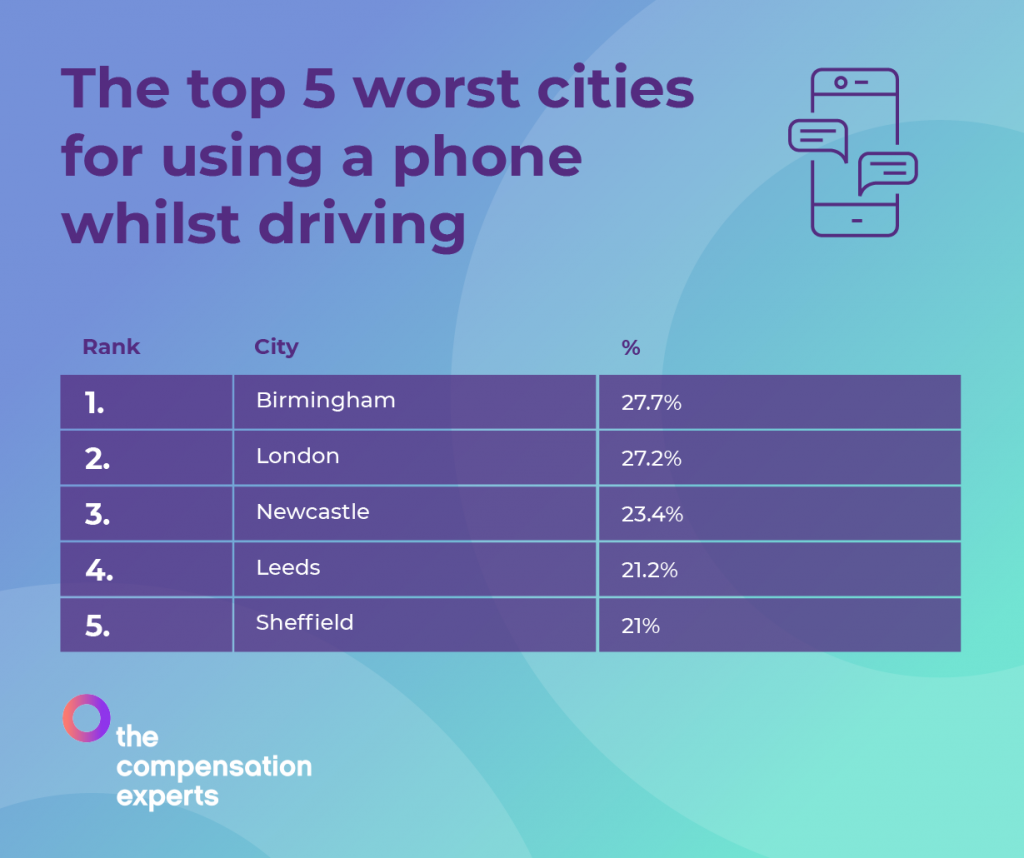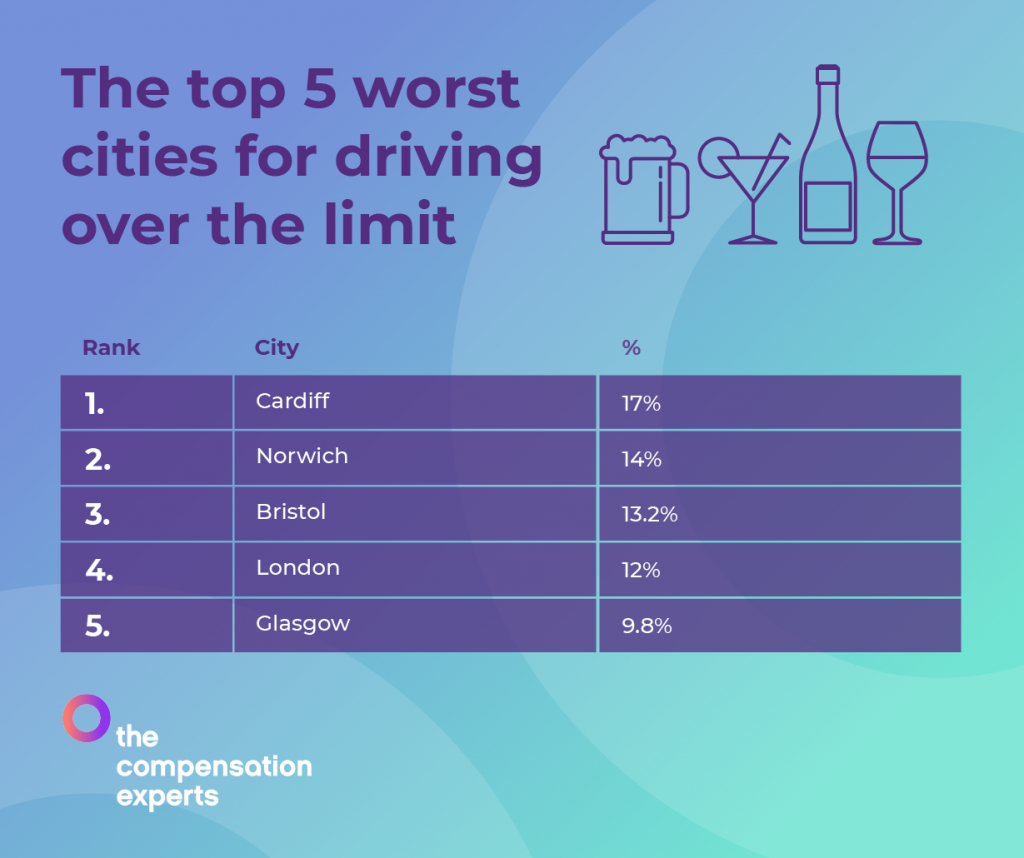Tips on how to live stress at work
Stress awareness month has been going since 1992, raising awareness for causes and solutions is essential for mental health and overall happiness. The past 2 years have been a real challenge for us all, loneliness and isolation has left a lot of us struggling. However, one of the positives to emerge from this unparalleled situation has been the community spirit and support shown by so many to so many. Now we can finally ease back into our old routines and focus our efforts into improving our mental health and do what we can to ease our stresses. Deteriorating mental health can lead to health problems and work absence, so we’ve come up with some solutions to get you through stress awareness month.
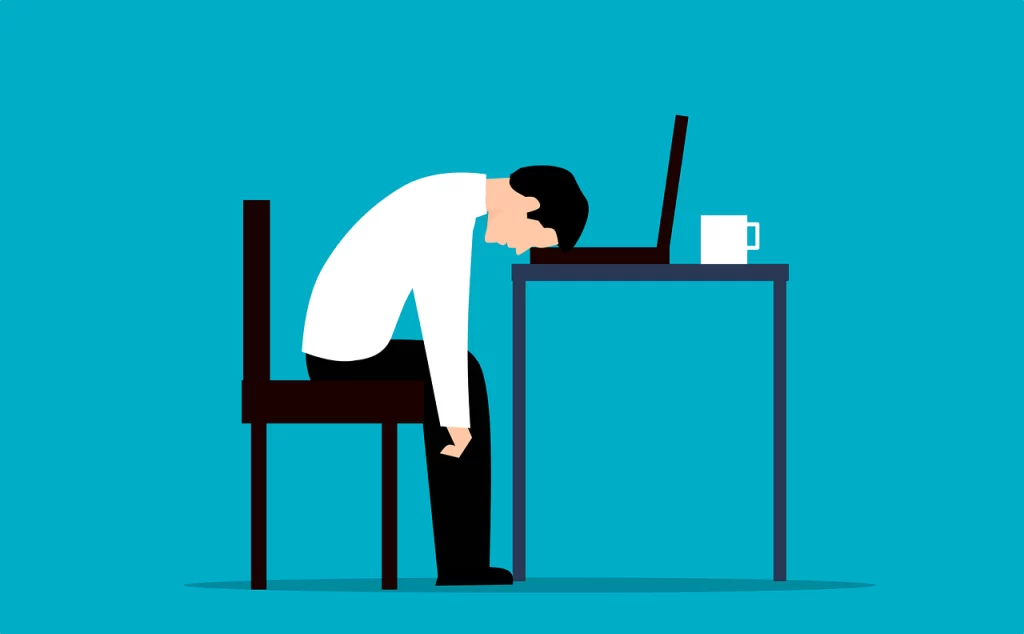
What can we do during Stress Awareness Month?
- Talk about your stress with friends and family and colleagues, how it affects you and what you do to relieve your stresses, recognising it is half of the problem!
- Share your coping mechanisms, techniques that help you to relax, it could benefit someone’s life massively, whether this be meditation, or a hobby, or a good book you’ve read. Helping someone else is also a serotonin booster and may take your mind off your own stresses in the meantime.
- Be aware of those around you who look stressed and anxious, we are all undoubtedly going to experience stress and anxiety again in the future, so why not help those who need it, your empathy and compassion may be returned when you need it too.
- Take care of yourself – self care is so important for your stress levels; we all have a social battery. Take time out of your busy schedule to chill out or do something that makes you happy and forget about your stresses.
- Eat, sleep, exercise. The three most important influences on stress levels, if you eat healthily, sleep routinely at least 7 hours per night, and take time to do a small amount of exercise per day, including just walking, you can feel your mental health and stress levels improve dramatically. Make sure to try as many of these steps as you can, and keep an awareness of your stress levels.
- Tell your employer to research mental health for employees in order to reduce stress at work in the office. You can suggest mental health training. Click here
There are some health warnings for high stress levels, not looking after yourself can lead to even serious issues, such as:
- Cardiovascular disease. The heart experiences stress before any other organ. Heart disease is the planets number 1 killer, to reduce your risk, reduce your stress.
- High blood pressure. The main cause for haemorrhagic stroke is high blood pressure. Stress levels can be directly linked to HBP.
- Mental health issues can include depression, anxiety, and personality disorders.
- Obesity and other eating disorders.
- Menstrual problems.
- Sexual issues such as dysfunction, impotence, and overall loss of sexual desire in men and women.
- Skin and hair problems like acne, psoriasis, eczema, and permanent hair loss.
- Gastrointestinal problems, such as GERD, gastritis, ulcerative colitis, and irritable colon.
If you have any of these issues from work related stress, click here to fill out a form to see if you’re eligible for compensation.
Other short term work-stress related symptoms include:
| On your mood | On your body | On your behaviour |
|---|---|---|
| Headache | Anxiety | Overeating or undereating |
| Muscle tension or pain | Restlessness | Angry outbursts |
| Chest pain | Lack of motivation or focus | Drug or alcohol misuse |
| Fatigue | Feeling overwhelmed | Tobacco use |
| Change in sex drive | Irritability or anger | Social withdrawal |
| Stomach upset | Sadness or depression | Exercising less often |
| Insomnia | All above | All above |
What can you do to reduce your stress levels and prevent symptoms of stress?
- Eat and drink to optimize your health. Reduce stress by drinking less alcohol or eating too much. These actions may seem to help in the moment but may add to stress in the long run. Consuming a healthy, balanced diet can help to combat stress.
- Exercise regularly, in addition to having physical health benefits, exercise has been shown to be a powerful stress reliever.
- Stop using tobacco and nicotine products. People who use nicotine often refer to it as a stress reliever, however, nicotine actually places more stress on the body by increasing physical arousal and reducing blood flow and breathing.
- Study and practice relaxation techniques. Taking the time to relax every day helps to protect the body from the effects of stress. You can choose from a variety of techniques, such as deep breathing, imagery, progressive muscle relaxation, and mindfulness meditation. There are many online and smart phone apps that provide guidance on these techniques. Or use apps/sites to help, like this one: click here.
- Reduce triggers of stress. If you are like most people, your life may be filled with too many demands and too little time. For the most part, these demands are ones we have chosen. You can free up time by practicing time-management skills like asking for help when it’s appropriate, setting priorities, pacing yourself, and reserving time to take care of yourself – Not just during Stress Awareness Month.
- Assert yourself. It’s okay to say “No” to demands on your time and energy that will place too much stress on you. You don’t have always have to meet the expectations of others.
- Set realistic goals and expectations. It’s okay—and healthy—to realize you cannot be 100% successful at everything all at once. Be mind ful of the things you can control and can’t control.
Causes of stress at work-related illness
- Bullying and harassment. This is defined by the government as behaviour that makes someone feel intimidated or offended. This can include unfair treatment, being picked on, undermined, or blocked for progression, whether face-to-face, by letter, email or phone. Similarly, abuse, threats or excessive demands will lead to a stressful environment.
- Lack of support. If an employee is not given adequate support, assistance, or guidance, they may well lack confidence, feel overwhelmed and under too much pressure.
- Workload. There is only so much work that any one person can undertake. If an employer is placing unrealistic demands on an employee, forcing them to work long hours, for example, stress-related illness is a likely outcome.
- Denial of employee rights. The rights of workers in the United Kingdom are enshrined in law, such as the right to rest periods, breaks and annual leave. If an employer denies these rights to their workers, they can be stressed and have low morale. Employee rights: Click here.
Can you claim compensation for stress at work?
The short answer to this question is yes, you can claim personal injury compensation for stress at work. More precisely, for the health problems it causes, however, you can only do so if the stress-related illness is severe enough to warrant making a claim and a medical diagnosis has been made. Get expert advice now to see if you can take legal action and claim compensation.
How can we help?
At The Compensation Experts we speak with people on a regular basis who suffer from high levels of stress especially related to their occupation. Although it isn’t straight forward to bring a claim for work related stress there is still the possibility of receiving compensation successfully. If you would like to find out more or speak with one of our team, fill in one of our contact forms here or call us directly on 0161 413 8765.
